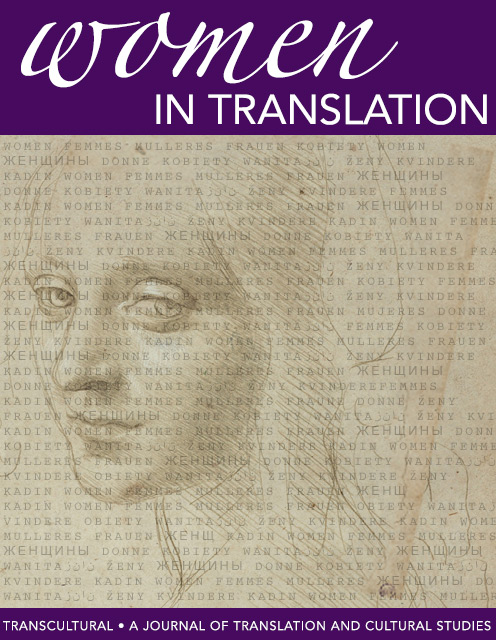Very Feminine, Yet Unmercifully Intelligent. A Portrait of the Dutch Critic and Translator Elisabeth de Roos (1903-1981)
DOI:
https://doi.org/10.21992/T9MD00Keywords:
Translation, Female Translators, Interwar Period, Elisabeth de Roos, Edgard du PerronAbstract
The Dutch author and translator Elisabeth de Roos has largely been ignored by literary historians. Nevertheless, she played a major role in the literary scene in the Netherlands between 1925 and 1955. She was a very productive and respected essayist, critic, journalist and translator, but in the rearview mirror of literary history her husband Eddy du Perron outshined her. The contemporary gender discourse, in which de Roos herself took part, created a blind spot for the contribution to innovation and poetical conceptualisation of female authors. The infamous journal Forum to which both she and her husband contributed was a mouthpiece for a masculine discourse: being a fellow was the highest goal. After their marriage her husband pursued his writing career, whereas de Roos took care of the household and was the family breadwinner by writing journalistic pieces instead of literary work. After her husband’s death at the start of the Second World War, de Roos started to work as a translator, a profession in which she soon gained a high degree of expertise and professionalism. She wrote lengthy and substantial essays as prefaces to her translations, revealing her thoughtful literary ideas that preferred intellect and lucidity to melodrama and sentimentality and partis pris to half-heartedness. An analysis of her translation of Wuthering Heights suggests she didn’t smoothen the source text to please the target audience, in accordance with her poetics.Downloads
Published
Issue
Section
License
Authors who publish with this journal agree to the following terms: a.Authors retain copyright and grant the journal right of first publication with the work simultaneously licensed under a Creative Commons Attribution License that allows others to share the work with an acknowledgement of the work's authorship and initial publication in this journal. b.Authors are able to enter into separate, additional contractual arrangements for the non-exclusive distribution of the journal's published version of the work (e.g., post it to an institutional repository or publish it in a book), with an acknowledgement of its initial publication in this journal. c.Authors are permitted and encouraged to post their work online (e.g., in institutional repositories or on their website) prior to and during the submission process, as it can lead to productive exchanges, as well as earlier and greater citation of published work (See The Effect of Open Access).



